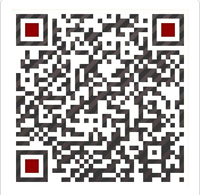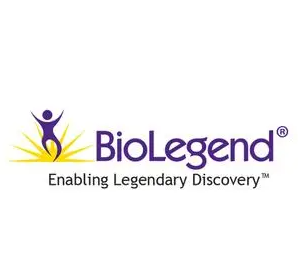Product Details
- Verified Reactivity
- Human
- Antibody Type
- Monoclonal
- Host Species
- Mouse
- Immunogen
- Recombinant human CXCL10
- Formulation
- Phosphate-buffered solution, pH 7.2, containing 0.09% sodium azide.
- Preparation
- The antibody was purified by affinity chromatography.
- Concentration
- 0.5 mg/ml
- Storage & Handling
- The antibody solution should be stored undiluted between 2°C and 8°C.
- Application
-
ELISA Capture - Quality tested
WB - Verified - Recommended Usage
Each lot of this antibody is quality control tested by ELISA assay. For ELISA capture applications, a concentration range of 1-4 ?g/ml is recommended. To obtain a linear standard curve, serial dilutions of CXCL10 (IP-10) recombinant protein ranging from 2000 to 31.3 pg/ml are recommended for each ELISA plate.?For Western blotting, the suggested use of this reagent is 0.5 - 2.0 ?g per ml. It is recommended that the reagent be titrated for optimal performance for each application.
- Application Notes
ELISA Capture: The purified J036G3 antibody is useful as the capture antibody in a sandwich ELISA assay, when used in conjunction with the biotinylated Poly5194 antibody (Cat. No. 519403) as the detecting antibody and recombinant human CXCL10 (IP-10) (Cat. No. 573509) as the standard.
Note: For testing human CXCL10 (IP-10) in serum, plasma or supernatant, BioLegend's ELISA LEGEND MAX? Kits (Cat. No. 439907 & 439908) are specially developed and recommended.- Product Citations
-
- RRID
- AB_2562398 (BioLegend Cat. No. 524401) AB_2562399 (BioLegend Cat. No. 524402)
Antigen Details
- Structure
- Chemokine
- Distribution
- Interferon gamma-stimulated keratinocytes, monocytes, macrophages, fibroblasts, endothelial, T cells
- Function
- CXCL10 chemoattracts CD4, Th1, CD8, NK, and NKT cells. CXCL10 is induced by inflammatory cytokines, and NH2-terminal cleavage of CXCL10 by DPP-IV/CD26 impairs its chemoattracting capacity and CXCR3 signaling.
- Interaction
- Activated T cells, Th1 cells, regulatory T cells, NK cells, NKT cells, endothelial cells, fibroblasts, endothelial cells
- Ligand/Receptor
- CXCR3
- Cell Type
- Monocytes, Macrophages, Fibroblasts, Endothelial cells, T cells
- Biology Area
- Cell Biology, Neuroinflammation, Neuroscience
- Molecular Family
- Cytokines/Chemokines
- Antigen References
-
1. Luster AD, et al. 1985. Nature 315:672.
2. Loos T, et al. 2008. Blood 112:2648.
3. Crawford MA, et al. 2009. Infect. Immun. 77:1664.
4. Campanella GS, et al. 2010. PLoS One 5:e12700.
5. Hoerning A. 2011. Eur. J. Immunol. 41:2291. - Gene ID
- 3627 View all products for this Gene ID
- UniProt
- View information about CXCL10 on UniProt.org








